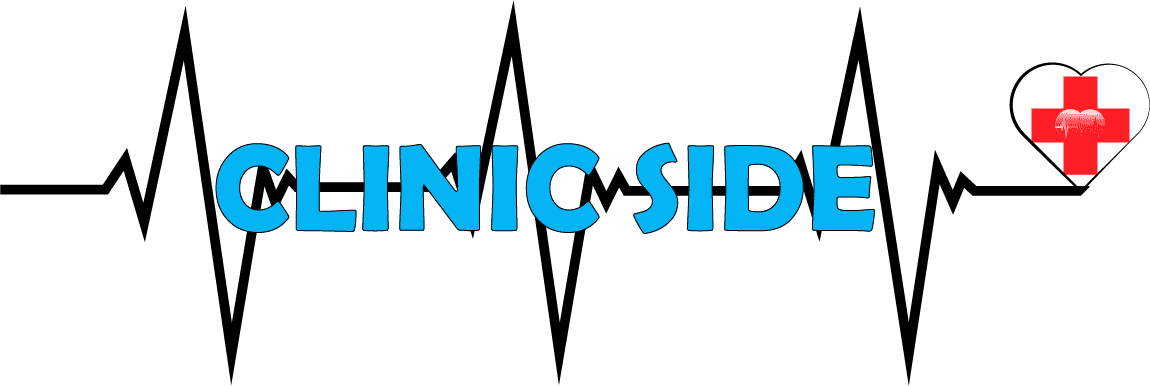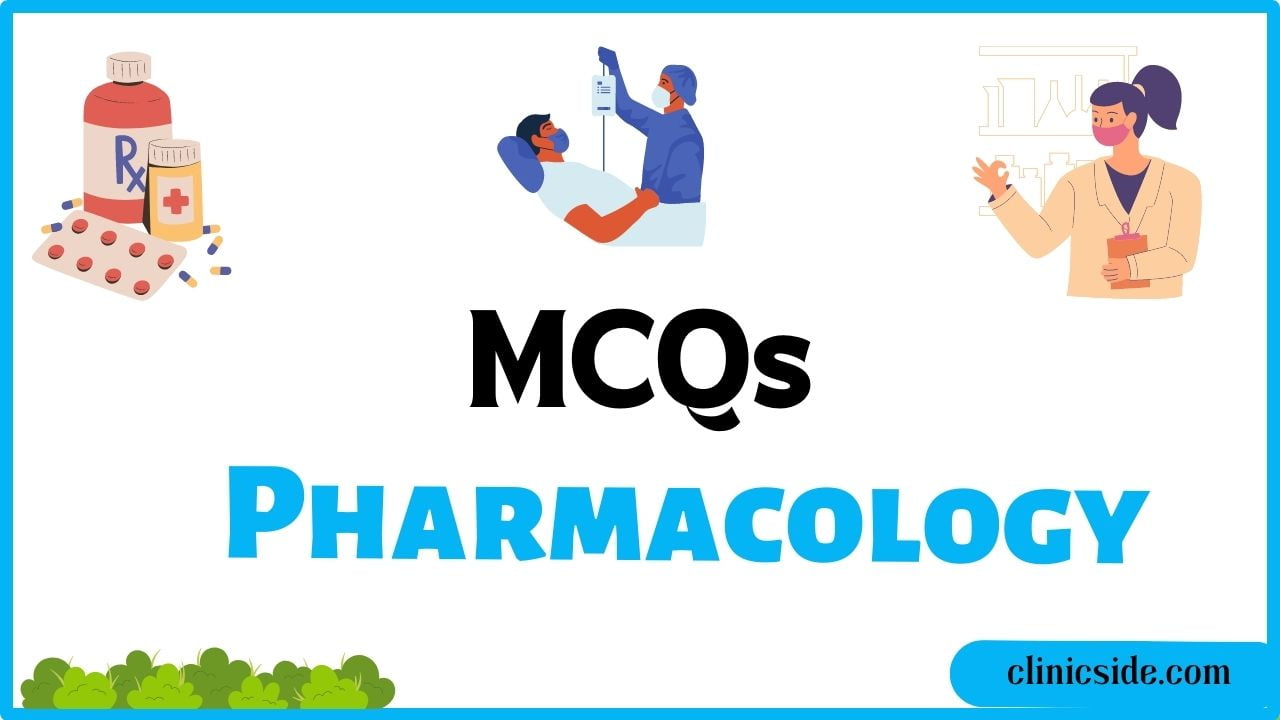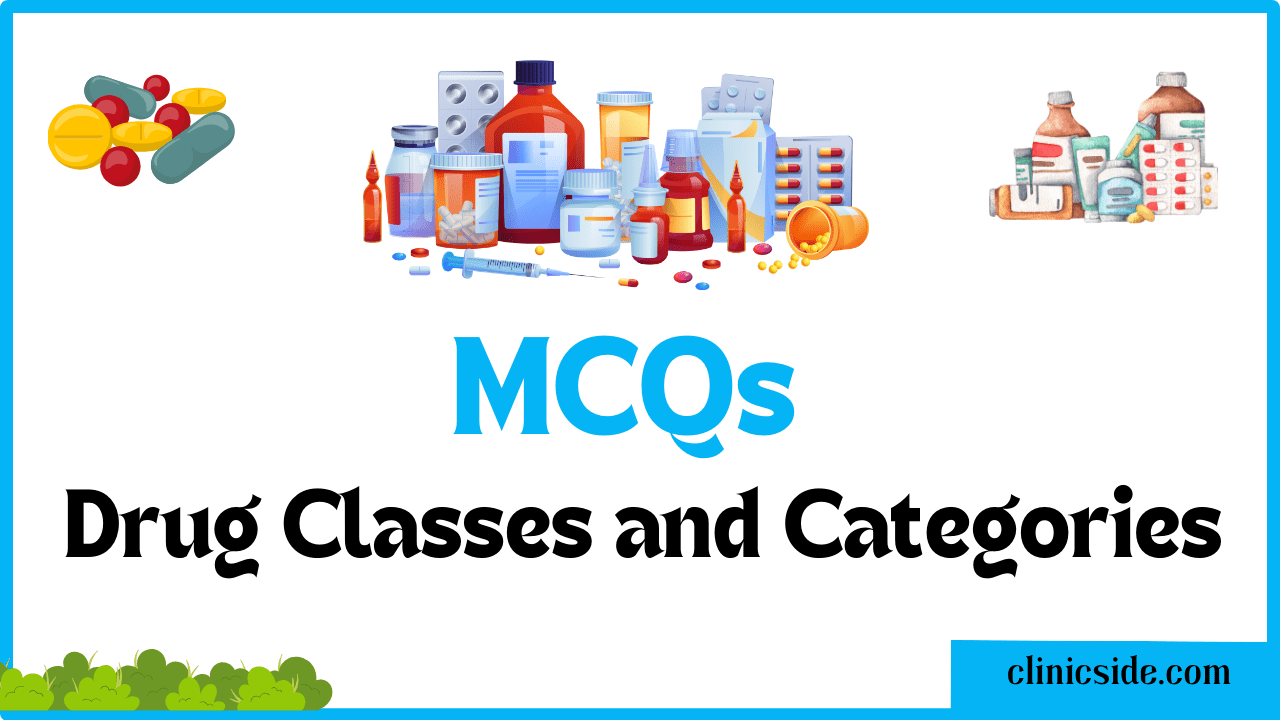Quiz
Available options: 1 to 26
Pre-Quiz Discussion On Anticoagulants:
Understanding Anticoagulants: A Quick Note
Introduction:
Anticoagulants play a pivotal role in preventing and managing thrombotic disorders. This note provides a concise overview of these essential medications.
Types of Anticoagulants:
Heparin:
- Rapid-acting, often used in emergency situations.
- Administered intravenously or subcutaneously.
Warfarin:
- Oral anticoagulant.
- Requires careful monitoring due to variable responses.
Direct Oral Anticoagulants (DOACs):
- Includes drugs like dabigatran, rivaroxaban, apixaban, and edoxaban.
- Offer a more predictable response compared to warfarin.
Mechanism of Action:
Anticoagulants interfere with the coagulation cascade, inhibiting clot formation. They may target factors in the intrinsic or extrinsic pathway.
Indications:
- Actively prevent and treat deep vein thrombosis (DVT) and pulmonary embolism (PE) for optimal well-being.
- Atrial fibrillation and other cardiac conditions.
- Prophylaxis in certain surgical procedures.
Monitoring and Side Effects:
- Regular monitoring of clotting parameters for drugs like warfarin.
- Potential side effects include bleeding complications.
- Understanding and managing drug interactions.
Signs of Bleeding or Clotting Complications:
- Bleeding: Watch out for unusual bleeding or bruising that doesn’t seem to stop easily. This includes nosebleeds, blood in urine or stool, or excessive bleeding from cuts or wounds.
- Clotting Complications: Be aware of symptoms indicating potential clotting issues, such as sudden shortness of breath, chest pain, severe headache, or pain, redness, or swelling in extremities.
- Seek Immediate Medical Attention: If any of these signs appear, contact your healthcare provider immediately or seek emergency medical attention.
Patient Education:
Ensure patients are informed about:
- Proper dosage and administration.
- Importance of regular follow-ups.
Test Guidelines and Time Limit:
Guidelines for Maximizing Your Quiz Experience:
Read and Understand:
Carefully read each question related to Anticoagulants and ensure you have a clear understanding of the concepts before selecting your answer. This will help you make informed choices and avoid misconceptions.
Choose the Best Answer:
Evaluate all available options before selecting the one that aligns best with your knowledge of Anticoagulants. Strive for accuracy and relevance in your responses.
Time Management:
The quiz has a time limit based on the number of questions you choose. Allocate 45 seconds per question. Manage your time wisely to complete all questions within the allotted time.
Efficient time management increases your likelihood of successfully completing the quiz and submitting your answers within the designated timeframe. Best of luck!







Thanks for sharing such information
I’m still learning from you, but I’m trying to achieve my goals. I absolutely enjoy reading everything that is written on your website.Keep the information coming. I enjoyed it!